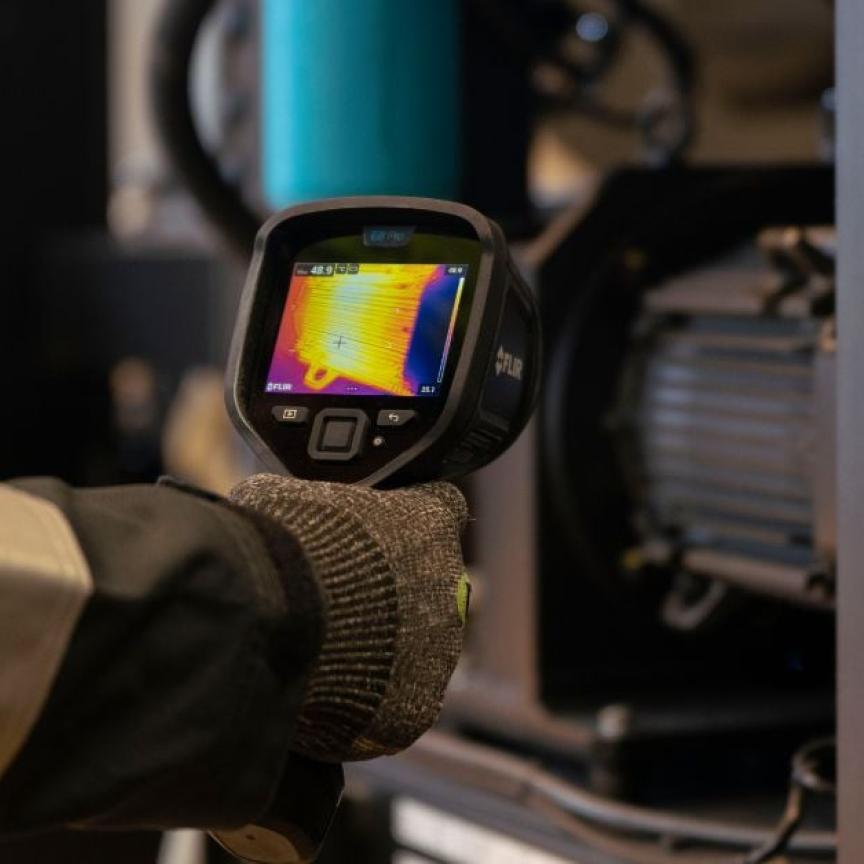A trial monitoring the health of psychiatric patients with camera technology has taken place at Broadmoor High Secure Psychiatric Hospital in the UK.
The trial observed seven patient volunteers overnight and captured more than 180 hours of data. The study used software from University of Oxford spin out Oxehealth, which is designed to turn cameras into health monitors.
In line with other large field tests, the Oxecam software correctly reported patients’ breathing rate to within 2 breaths per minute 94 per cent of the time, and correctly identified patients as safe with 99.8 per cent accuracy.
Oxecam took on average just 3.6 seconds to acquire vital signs and was as accurate at acquiring breathing rate even when patients were hidden wrapped in a blanket, for instance.
Oxecam Video Analytics use sophisticated algorithms to process video images and alert staff whenever the patient appears to be at risk. In addition, by producing alerts, the software enables staff to monitor patient health without having to view a live video feed, which is less intrusive to patients’ privacy and dignity.
Oxehealth says that Oxecam provides the opportunity to: reduce disturbance to patient sleep, reduce risk of planned violence to staff, alert staff to intervene between rounds, reduce cost of incidents of self-harm, and fundamentally improve patient care.
Dr Rob Bates, clinical director of Broadmoor Hospital, commented: ‘We were very pleased with the results of the trial and we think Oxehealth’s technology could really support patient care.’
Staff at Broadmoor believe the technology could significantly enhance safety and care of patients: ‘If implemented it would mean patients would no longer need to be disturbed by overnight checks and if physically unwell and in need of urgent medical assistance this would immediately be picked up,’ said a senior house officer.
Jonathan Chevallier, CEO of Oxehealth, said: ‘This project has demonstrated the potential of the Oxecam technology to improve patient safety, treatment outcomes and well-being and to free up staff time to perform more patient care activities. We are now working hard on the first production release of the Oxecam and look forward to deploying this, not just into mental health but also to detention environments in the police and elsewhere.’
Oxehealth’s first commercially available camera solutions are due for launch in 2017. They will help to manage safety risks to patients and to assist clinicians in taking medical observations of breathing and heart rate at times when they currently cannot do so without disturbing the patient or risking harm to their staff.

